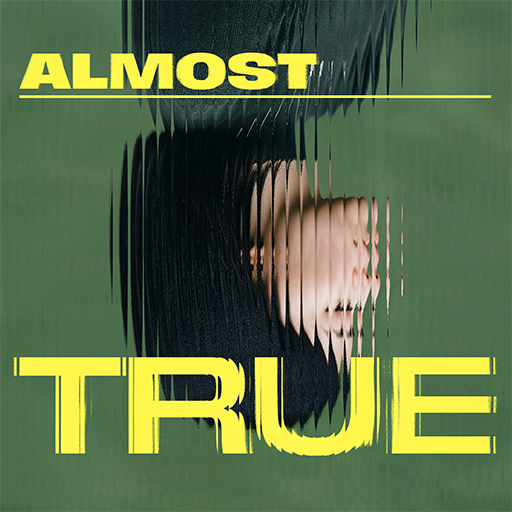New Message Series: Almost True

We kicked off the series with a little game—Two Truths and a Lie:
- I did my first professional magic show at 12.
- Two of my six children were unplanned.
- I sneak M&M’s when I don’t preach my best.
The lie? I don’t sneak M&Ms. (Whether I preach well or not—no candy bribes involved.)
That leaves one lingering question… which child was unplanned? (Child #6 knows. Don’t ask the others.)
🧭 What Is Truth?
That question isn’t new. In fact, it’s the exact question Pontius Pilate asked Jesus as He stood on trial:
“The reason I was born and came into the world is to testify to the truth. Everyone on the side of truth listens to me.”
“What is truth?” retorted Pilate.
— John 18:37–38 (NIV)
Few questions are more vital than this: What is truth? Because how you answer it determines how you live.
Truth is absolute, unchanging, and true for everyone, everywhere, all the time.
🪞 Confusing Truth with Perspective
Today, many people confuse truth with perspective. Truth is constant—but perspectives differ. If we start equating our individual perspectives with truth, we’re left with the idea that truth is subjective. It shifts with our mood or moment.
That’s how the popular idea of “your truth” gains traction:
- “Speak your truth.”
- “Live your truth.”
- “Own your truth.”
But what if “your truth” is a trap?
“There is a path before each person that seems right,
but it ends in death.”
— Proverbs 14:12 (NLT)
Just because something feels true doesn’t mean it is true.
✌️ Two Truths About Truth
1. Believing something doesn’t make it true.
Remember when everyone believed the Earth was flat? Belief didn’t make it true. The Earth was round the whole time.
Want to test the logic? Imagine a man boarding your flight and saying, “I feel like I’m a pilot today. I’ve never flown, but I believe I can.”
Would you stay on that plane?
Belief ≠ Truth.
2. Your experience is valid, but it’s not the source of truth.
Your story matters. Your emotions are real. But they aren’t the final authority on what is true.
What about following your heart?
“The human heart is the most deceitful of all things,
and desperately wicked. Who really knows how bad it is?”
— Jeremiah 17:9 (NLT)
If your feelings are your compass, they’ll lead you in circles—maybe even off a cliff. (Like when someone cuts you off in traffic and you feel “led” to lay holy hands on them. That’s not the Spirit prompting you.)
Just because it feels right doesn’t mean it is right.
⚠️ The Real Danger With “Your Truth”
The idea of “my truth” might sound empowering, but it carries serious risks:
- It denies absolute truth.
- Morality becomes subjective.
- Right and wrong are redefined by personal opinion.
- We become the source of truth—rather than God.
And if truth is relative, no one can question anyone else’s version. Accountability disappears.
Paul warned about this:
“They will reject the truth and chase after myths.”
— 2 Timothy 4:2–4
🔥 Conclusion
The enemy of truth isn’t always a blatant lie—it’s the version that’s almost true. It feels right. It sounds good. But it’s not rooted in God’s Word.
Jesus didn’t come to affirm “your truth.”
He came to testify to the Truth.
And that Truth still sets people free.













